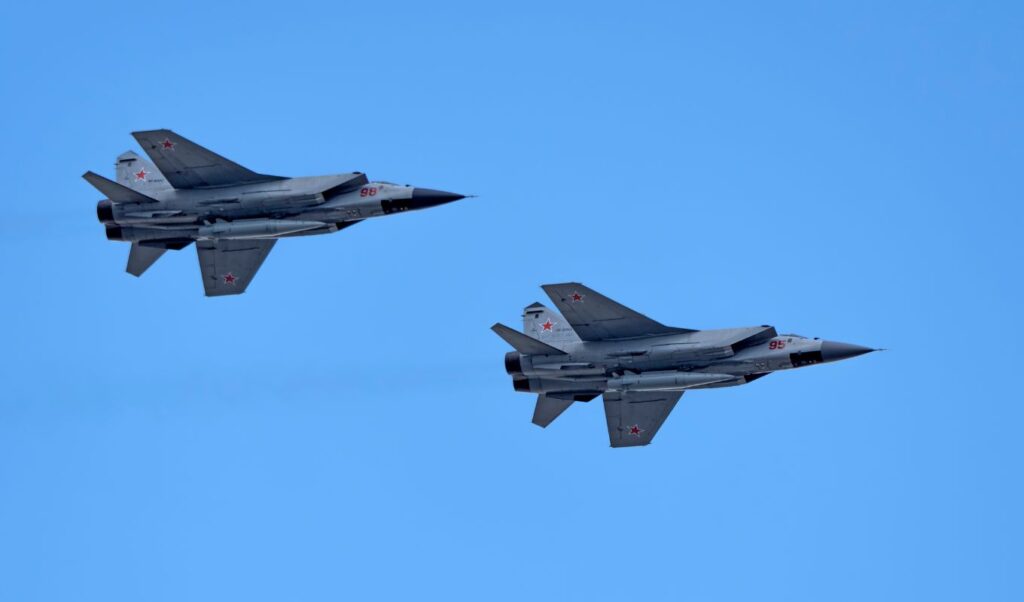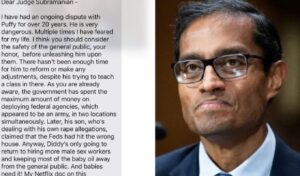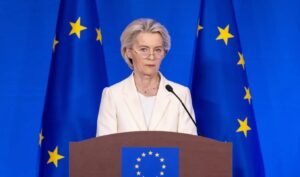NATO forces are on high alert as European diplomats send a warning to the Kremlin that NATO is ready to respond with full force to any further violations of their airspace, according to Bloomberg news agency. According to well-informed sources, in intense deliberations and discussions in Moscow, British, French and German officials expressed serious concerns about the recent violation of Estonian airspace by three MiG-31 fighter jets. The diplomats concluded that this violation was a deliberate action carried out on orders from Russian military leadership.
European officials noted that the Russian delegation extensively recorded their statements, suggesting possible orders to immediately brief Kremlin leadership on NATO’s position. A German government spokesperson confirmed that a meeting took place and that ambassadors made it clear that violations must stop. Chancellor Friedrich Merz stated on Thursday that he is coordinating with Paris, London and Warsaw and supports “all necessary measures“.
Russia’s denial of violations
For its part, Russia denied any violation of Estonian airspace, stating there is no intention to provoke or test NATO’s reaction. Regarding the drone incident in Poland, Moscow attributed responsibility to a “technical error“. Kremlin spokesman Dmitry Peskov stated that Russian military flights comply with international rules.
However, these recent incidents cause serious concern among NATO’s eastern member states, as they occur during a period when Vladimir Putin is intensifying attacks against Ukrainian political infrastructure, while US support for Kiev shows signs of weakening.
Russian violations: Trump’s call to Ukraine
US President Donald Trump called on Ukraine to recapture all territories seized by Russia, with European Union support, clarifying that the US role would be limited to selling weapons for deployment to the front.
The Moscow meeting provides a glimpse of the escalating tensions and diplomatic confrontation unfolding behind the scenes, Bloomberg emphasizes.
During the talks, a Russian diplomat argued that the violations were retaliation for Ukrainian attacks on Crimea, accusing NATO of supporting these operations.
Consequently, Moscow considers itself already in conflict with European countries.




